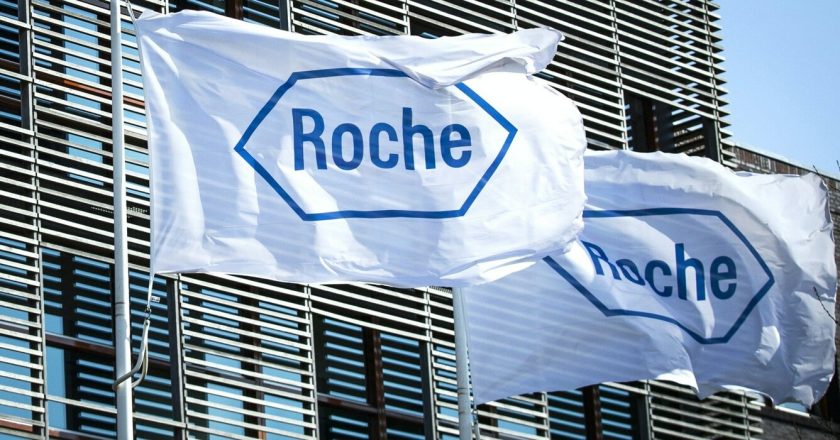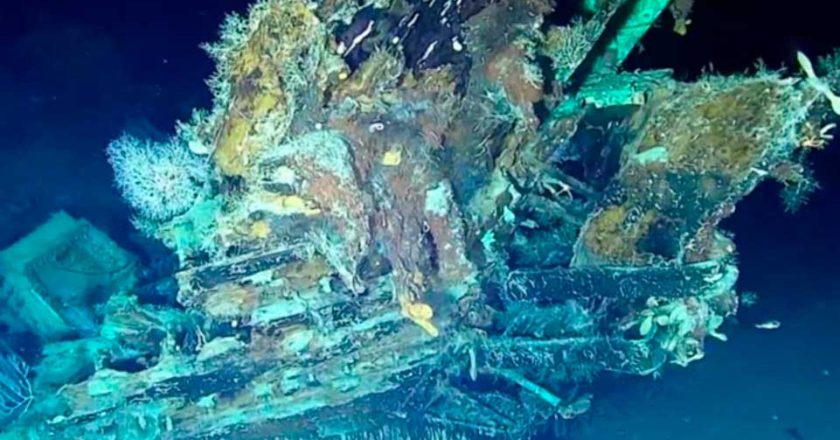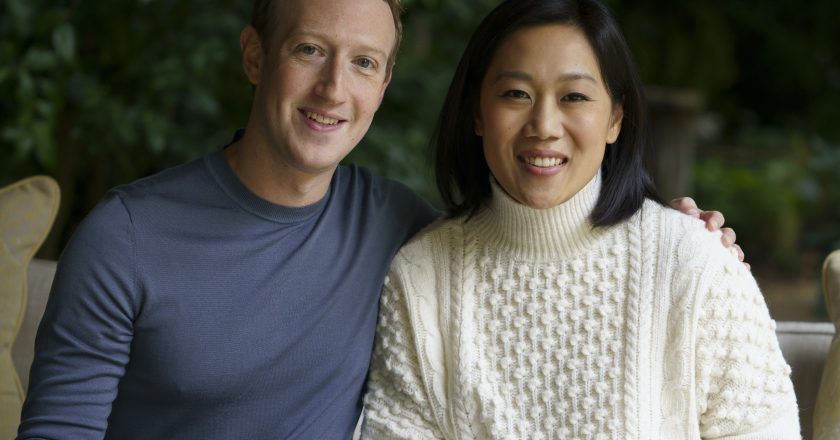Roche Launches First-in-Human Clinical Trial in Malaysia for Innovative Drug Targeting Systemic Lupus Erythematosus
Roche Pharmaceutical, a global pharmaceutical leader, has marked a groundbreaking moment by selecting Malaysia as the location for its First-in-Human (FIH) trials focused on a rheumatology indication.
Health Minister Datuk Seri Dzulkefly Ahmad highlighted this significant achievement during the Clinical Research Excellence in Early Phase and People Development event.
Dzulkefly emphasized the acknowledgment of Malaysia's clinical trial capabilities by a multinational healthcare giant, stating, "Malaysia’s clinical trial ecosystem has developed rapidly, with over 2,300 sponsored clinical research conducted since the establishment of Clinical Research Malaysia (CRM) in 2012."
The FIH trial, centered around an experimental drug for Systemic Lupus Erythematosus (SLE), will be con...







